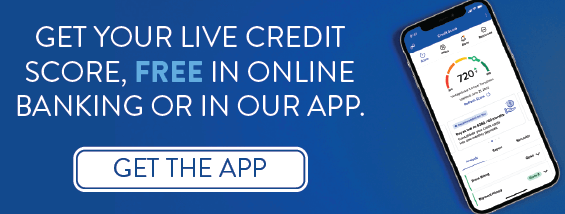Where To Get Financial Help During The COVID-19 Crisis
Over the past several weeks, as the COVID-19 global pandemic has spread, so has the need for resources and emergency aid. Each hour brings with it new developments, announcements, and changes, making it hard to keep up or know exactly where to reach out in the event you need assistance.
We’ve rounded up some of the most needed resources and tips on who to contact should you need help during the Coronavirus crisis.
If you need help paying your bills
While you may feel financially overwhelmed, the best option is always to face it head-on and make a plan, rather than ignore it. If you are struggling to pay your bills due to job reduction or loss, the best course of action is to call your lender or utility company.
Many lending companies, utilities, and other organizations are working with their borrowers and customers during this crisis. Contact your lenders, communicate your needs, explain your situation, and they may be able to help.
Being proactive and having a plan of action during this time will be the easiest way to reduce stress and anxiety.
Basic Necessities
If you are unable to purchase food and basic essential needs for your household, you may be eligible for the Supplemental Nutrition Assistance Program (SNAP). To locate your local office, visit the state directory (https://www.fns.usda.gov/snap/state-directory), or contact the SNAP hotline at 1-800-221-5689.
If you don’t qualify for SNAP, there are still resources available for help. Locate a local food bank or pantry by visiting Feeding America or FoodPantries.org
Unemployment Benefits
The federal government has given states the authority to expand their unemployment benefits programs and offer new options in response to COVID-19. For the most updated information and to easily find your state’s unemployment benefits program, visit CareerOneStop.
Filing Taxes
The IRS has developed a special page on its website to support Americans affected by the COVID -19 virus. Visit the page here to see updates as new information is available.
It has been recently announced that the tax deadline for filing and payments has been extended to July 15, 2020. Additionally, several VITA (Volunteer Income Tax Assistance) sites have suspended operations and may offer alternative solutions, such as virtual assistance and drive-by drop off locations.
While federal payments have been extended, states may have different guidelines. For state developments, visit this list by the American Institute of CPAs, which is updated often.
Student Loans
While President Trump has recently announced an interest freeze on student loans, there’s still much uncertainty around what steps to take. The freeze only applies to federal student loans, meaning private loans are currently without relief.
“It’s not always the best idea to keep deferring payments – especially if you are trying to qualify for the federal student loan forgiveness program,” advises Lila Quintiliani, AFC and Military Saves Program Manager. “People might do better to switch to income-driven repayments, particularly if their income is reduced.”
To find out your specific repayment options, contact your lender directly.
Beware of Scammers
You must be careful to ensure you and your family members, especially the elderly, don’t fall prey to scams. Verify contact information with reputable sources, such as a company’s official website. Also, beware of giving any personal data that is requested via email. You can learn more about how to avoid scams or report a scam by visiting the Federal Trade Commission’s website.
During times like this, it’s more important than ever that we look out for each other, build community, and take positive action so that we are better prepared as a nation in the future.
Source: AmericaSaves.org/blog

